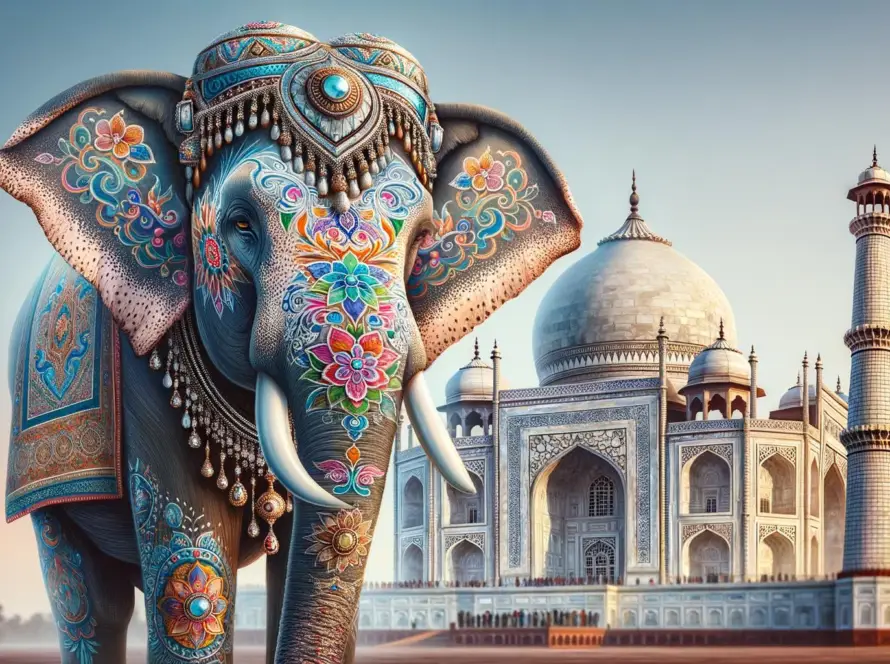Generated by Contentify AI
Understanding the Philosophy of Karma in Indian Culture
The concept of karma, originating from ancient Indian philosophy, is deeply ingrained in the culture and beliefs of the Indian subcontinent. Karma, derived from the Sanskrit word meaning “action” or “deed,” refers to the spiritual principle of cause and effect where intent and actions of an individual influence their future. This fundamental belief underscores the interconnectedness of all things and is a cornerstone of Hinduism, Buddhism, Jainism, and Sikhism.
According to the doctrine of karma, every action, whether physical or mental, has a corresponding reaction that affects a person’s future experiences. This belief emphasizes personal responsibility and accountability, encouraging individuals to make ethical choices and lead a righteous life. The concept of karma addresses the age-old question of why bad things happen to good people and vice versa, suggesting that present circumstances are a result of past actions and that future experiences are shaped by present conduct.
In Indian culture, the philosophy of karma serves as a guiding principle for moral and ethical conduct, promoting the idea that one’s actions and intentions have far-reaching implications. It is believed that by performing positive deeds and cultivating virtuous thoughts, individuals can accumulate good karma, leading to a more favorable future. Conversely, negative actions and harmful intentions can result in unfavorable consequences, perpetuating a cycle of cause and effect.
The philosophy of karma is not only a moral compass but also a source of solace and hope for many, offering the prospect of personal growth and spiritual evolution. By understanding and embracing the concept of karma, individuals can strive to make conscious choices that align with their values and contribute to the well-being of others, thereby perpetuating a cycle of positivity and harmony. In a world where uncertainty prevails, the philosophy of karma continues to offer profound insights into the complexities of human existence and the interconnected nature of our actions and their repercussions.
Get in touch with us
Contact us for inquiries, collaborations, or any assistance you may need. We’re here to help!
Key Takeaways
- Karma is a fundamental concept in Indian philosophy and religion, signifying the cycle of cause and effect that influences an individual’s fate and destiny.
- The concept of karma is deeply rooted in the idea of moral responsibility, with actions believed to have consequences not only in this life but also in future existences.
- Karma is not just about individual actions, but also encompasses thoughts, intentions, and attitudes, emphasizing the importance of cultivating positive traits and virtues.



